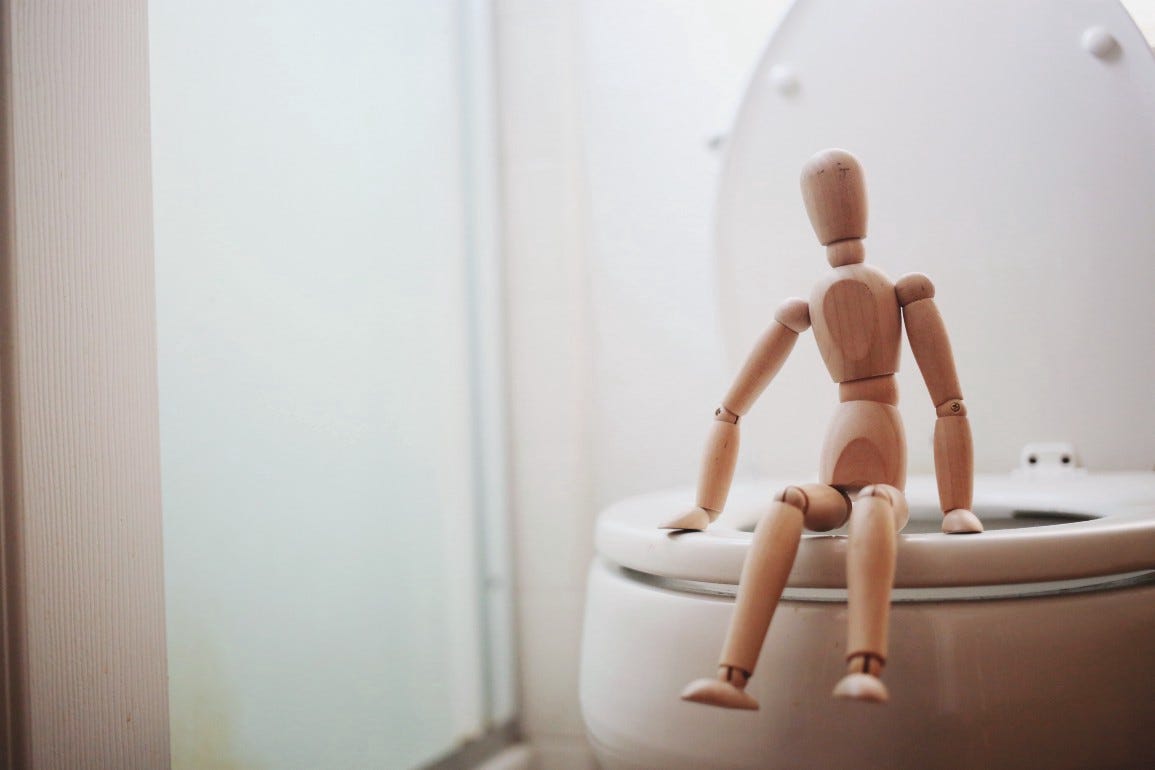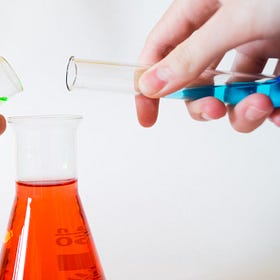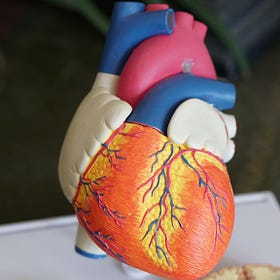Our Body Eliminates Toxins Via Multiple Different Pathways.
We do need to ensure that all those elimination pathways are working optimally for the betterment of our health.
Our body has this uncanny knack of being able to process and eliminate most of the stuff that we actually do ingest. We eat solid foods and eliminate them as faeces. We drink liquids and eliminate them as urine.
However, there are other smaller molecules that also undergo complex elimination processes, which we don’t necessarily give much thought to.
That’s basically because they are either dissolved within the urine or enmeshed within our faeces, so we don’t really think about them.
Unfortunately, even if we don’t think about them, they still do have to undergo those elimination mechanisms before they can get dumped out of our body — failing which, they would tend to accumulate in the body.
There exist multiple elimination mechanisms from one chief organ.
That organ, of course, is the liver. It can eliminate toxins via channelling them to get out via the urinary or the faecal channels.
The liver is the main source of UDP-glucuronosyltransferase (UGT) enzymes, which are responsible for adding a glucuronic acid group to a relatively water-insoluble compound to make it more soluble in water (by converting it into a glucuronide), such that it can enter the liquid waste (urine) stream and get urinated out of our body in due time.
Glucuronidation is a key detoxification pathway for the elimination of many endo- and xenobiotics that we may unwittingly consume each day — for example, the pesticides that aren’t fully washed off the vegetables and the fruits that we eat, or the air pollutants that we breathe in on a daily basis. Xenobiotic drugs such as acetaminophen (paracetamol, Panadol, or Tylenol) are eliminated in that manner.
Of course, acetaminophen detoxification also has its own complications. While a majority of this acetaminophen is metabolised into some pharmacologically inactive product for elimination, a small fraction of it can be converted into N-acetyl-p-benzoquinone imine (NAPQI), which can cause liver damage if the liver cells do not posses sufficient glutathione to neutralise all that NAPQI for elimination:
Antioxidant Protection In The Body Begins From Within The Cell.
Our body is constantly in a tug of war between reduction and oxidation (redox), which basically comprises multiple reactions where electrons are being transferred from one component to another.
The cysteine residue on glutathione is responsible for conjugating (or reacting) with the NAPQI to eliminate its reactivity. Otherwise, NAPQI can react with other cysteine residues found on other cellular proteins in the liver and trigger a biological failure of the liver to function.
But the liver doesn’t only eliminate toxins in this way — it also has other enzymes that are capable of carrying out other reactions. For example, it makes use of alcohol dehydrogenase and aldehyde dehydrogenase enzymes to metabolise the alcohol that we drink into acetate (vinegar), which is highly soluble in water and can be eliminated via the urine:
How The Metabolism Of Alcohol Causes More Harm Than Good
We love to unwind on weekends with a nice cocktail at a bar somewhere. There’s always some reason to be drinking, whether it be because we want to celebrate, or if we want to drown our sorrows, or if we want to relax.
Of course, there are other mechanisms for other compounds — it isn’t only the urinary channel that is key for eliminating everything. We still have the faecal channel.
Waste cholesterol, for instance, is processed and conjugated with bile acids into bile salts and eliminated via the faecal channel:
Now, Seriously, What's So Tricky About Cholesterol?
This article is the final part of a 3 part miniseries. The first 2 parts can be found at:
The key to a good, consistent detox is to ensure that our detox channels are working consistently well.
Let’s put the fad diets aside. Let’s not talk about juicing or coffee enemas.
Because how do we come about to think that we need a detox?
We think we need periodic detoxifications precisely because we haven’t been consistently ensuring that our diets and lifestyles are consistently good.
But let’s face it. Detoxification is best supported with healthy organ functions, and that means:
Ensuring that our urinary and defecation channels are working effectively.
Ensuring that our liver functions are working appropriately.
Are we even doing that by consuming sufficient dietary fibre, water (or even just cysteine amino acids)? When we’re doing things right, we don’t even notice that there’s anything going wrong, do we?
If we’re on cholesterol-lowering drugs such as statins, can we confidently say that our bodies are producing sufficient coenzyme Q10 (CoQ10) for powering up the liver cells to clean up as much of the mess as they possibly can, or are they not?
What's The Deal With CoQ10 In Our Bodies?
A majority of the human population in today’s modern society is tired and overworked. I feel like that too sometimes - there are all these deadlines at work to meet, mortgages to pay, and the crises that comeseem to be neverending.
When we’re doing things right, we wouldn’t be facing that accumulation of toxins in our body. Our body would be able to handle, process and eliminate the toxic load before it becomes an overdose that requires special expensive detox intervention processes — some of which may just be a transfer of money to not achieve any lasting effects.
But when we become so focused on the symptoms of an issue that we’re blinded to the bigger picture at hand… it can be a profitable venture for a fad diet or “solution” to be marketed.
But we first have to understand how it works before we can actually put in the preventive work to keep our bodies in tip top condition.
Do feel free to check out What Nutrients Support Digestion and Detox In Our Body to see how our diet can influence our toxin elimination!
Also, do feel free to share this article and hit the “subscribe” button to get more updates about the science concepts in nutrition and health, all deconstructed nicely for your convenient perusal!






